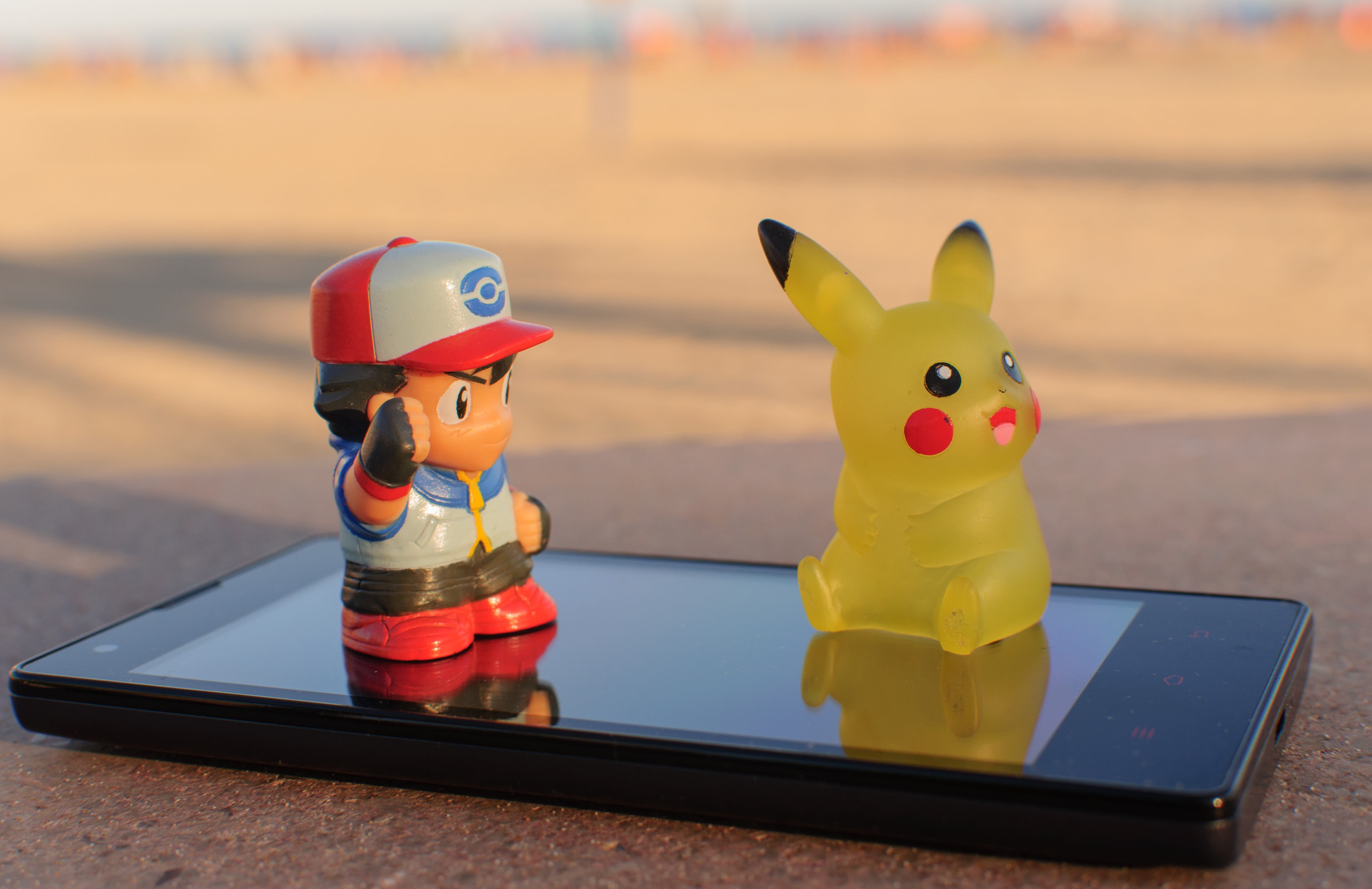In a recent interview about his new film on Edward Snowden, director Oliver Stone warned about the potential for data-mining on the part of major companies to lead to “totalitarianism.” Partly speaking about the data collected by the popular app Pokémon GO, he said, “What’s happening is a new level of invasion… They’ve invested a huge amount of money in data mining – what you are buying, what you like, your behavior. It’s what some people call surveillance capitalism.”
The implication here is nuanced, but important: while speaking about a movie which depicts a whistle-blower for unconstitutional government surveillance, Stone drew a parallel between “surveillance” by tech companies and the horrifying contents of Snowden’s leaked documents.
This notion is mistaken and dangerous, but symptomatic of a much deeper disease in American thought: the false equivalence between power leveraged by “Big Government” and “Big Business.”
This microcosm of conceptual chaos is what Ayn Rand called a “package-deal”: a fallacy in which one uses one word or phrase to group conceptually opposed or dissimilar things. Under the umbrella of “power,” for instance, our culture has paired both political and economic power – or, in other words, we consider as identical both massive economic influence and the government’s legal monopoly on the use of force.
Mr. Stone and the Package Deal
How does this apply to Mr. Stone’s words, then? In his case, he has grouped into package-deals the notions of “surveillance” and “totalitarianism,” a decision which obfuscates crucial distinctions. Google has economic power, gathered by the voluntary decision on the part of its customers to use its services. This was a deal made by mutual agreement in pursuit of mutual advantage – Google receives a certain set of profits from advertisements and the like, and I receive an effective search engine, an email service, and so on. That this deal is more complex than presented does nothing to soften this point: the long and detailed “terms of services” pages are crafted precisely for this reason.
Because any powers of “surveillance” are mutually agreed to (even if, as a consumer, I am negligent in learning just what it is I have signed), Google and Nintendo could notin any meaningful way be “totalitarian.” This is not so for the government. Because the government holds a legal monopoly on the use of force (e.g., in its use of a police force, military, binding legal code, etc.), its covert surveillance is not enforced by mutual agreement but at the proverbial point of a gun. Whether it is done for the alleged “security” or “safety” of the nation is irrelevant – intentions do not make coercion less coercive.
This danger is compounded by the fact that many of the activities unveiled by Snowden were unconstitutional – accordingly, the government was not only acting in a coercive manner, but in a way contrary to the design of its founders.
Here’s the most egregious package-deal Stone presents: Britannica defines “totalitarianism” as a “form of government that theoretically permits no individual freedom and that seeks to subordinate all aspects of the individual’s life to the authority of the government.” In other words, there is no room for the mutual exchange and voluntary association allowed by capitalism – the state becomes all-consuming, with no room for the individual to “opt out” of the provided “services.”
To define companies in such a way as to group them within this category of government coercion is to form a reckless package-deal. If one wishes for his data to be shielded from companies like Google, he can use another service. He can choose not to buy a cellphone. He can research whether there is a way to use these services while opting out of its more invasive features. Moreover, if he discovers this mid-use, he can stop using the service. He can decline his side of the agreement, leveraging his agency as a free individual. And Google won’t be using his information to detain him without rights, anyway.
When a totalitarian state is formed or a free state like the United States acts in a totalitarian manner, citizens have no ability to exercise their rights against it. This is why Snowden would be immediately arrested upon his return to the United States. This is not so with Google. Perhaps Mr. Stone should watch his own movie.
Source: Pokémon GO Is Not, in Fact, Totalitarian | Foundation for Economic Education

